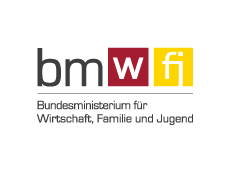Support structures for ECVET and EQF application in Europe (euVETsupport)
Although successfully piloted in a variety of national and European projects and initiatives, the application of the European Qualifications Framework (EQF) and the European Creditsystem within VET (ECVET) principles into the different European vocational education and training practices was a challenging task that required facilitation and support in order to overcome existing misconceptions and uncertainty towards these European transparency instruments at a practical VET level. It was the euVETsupport projects major aim to facilitate the application of these instruments’ principles in VET praxis and therefore to lay ground for the further integration of these instruments into the European countries VET praxis with a special emphasis on the transport and logistics sector.










